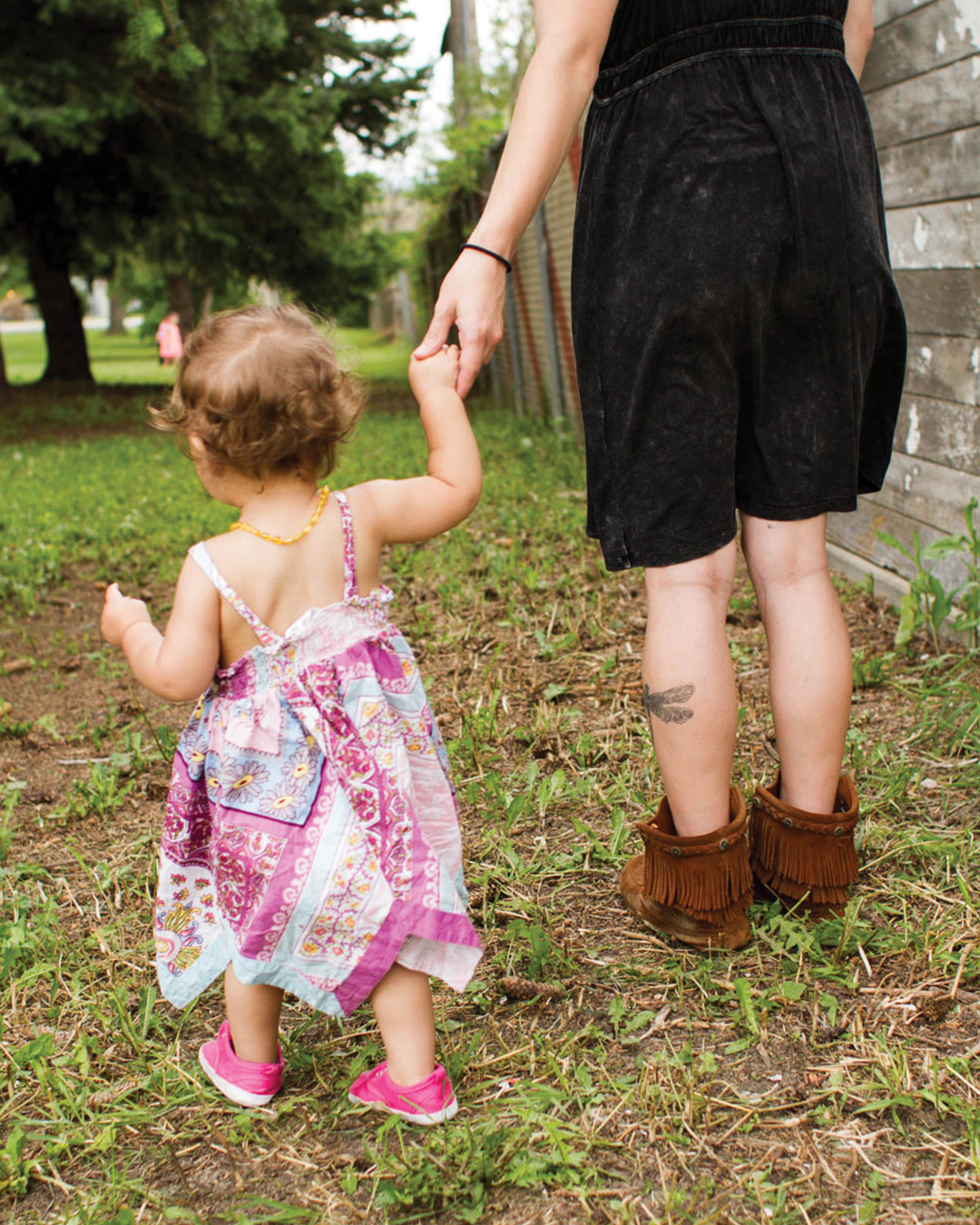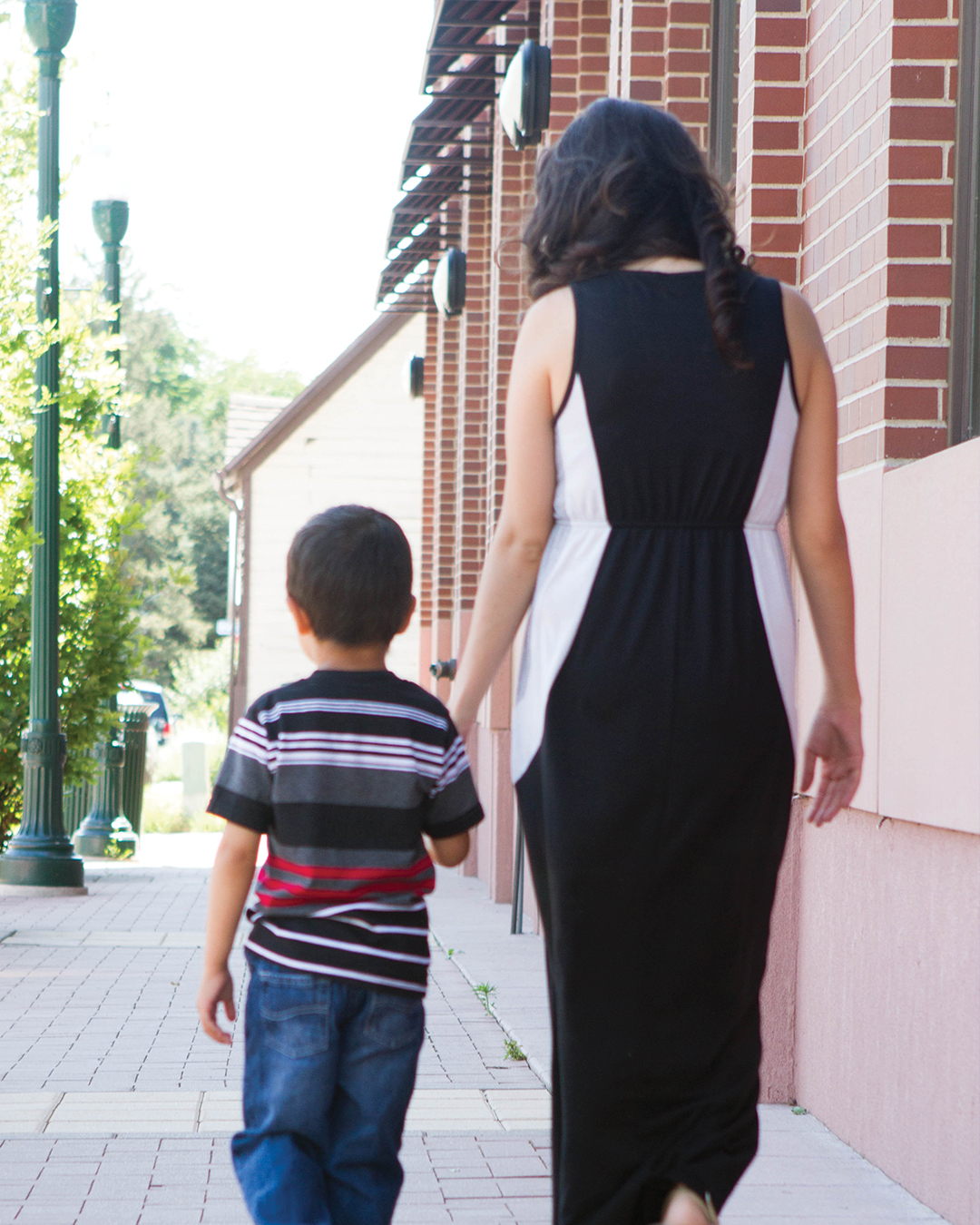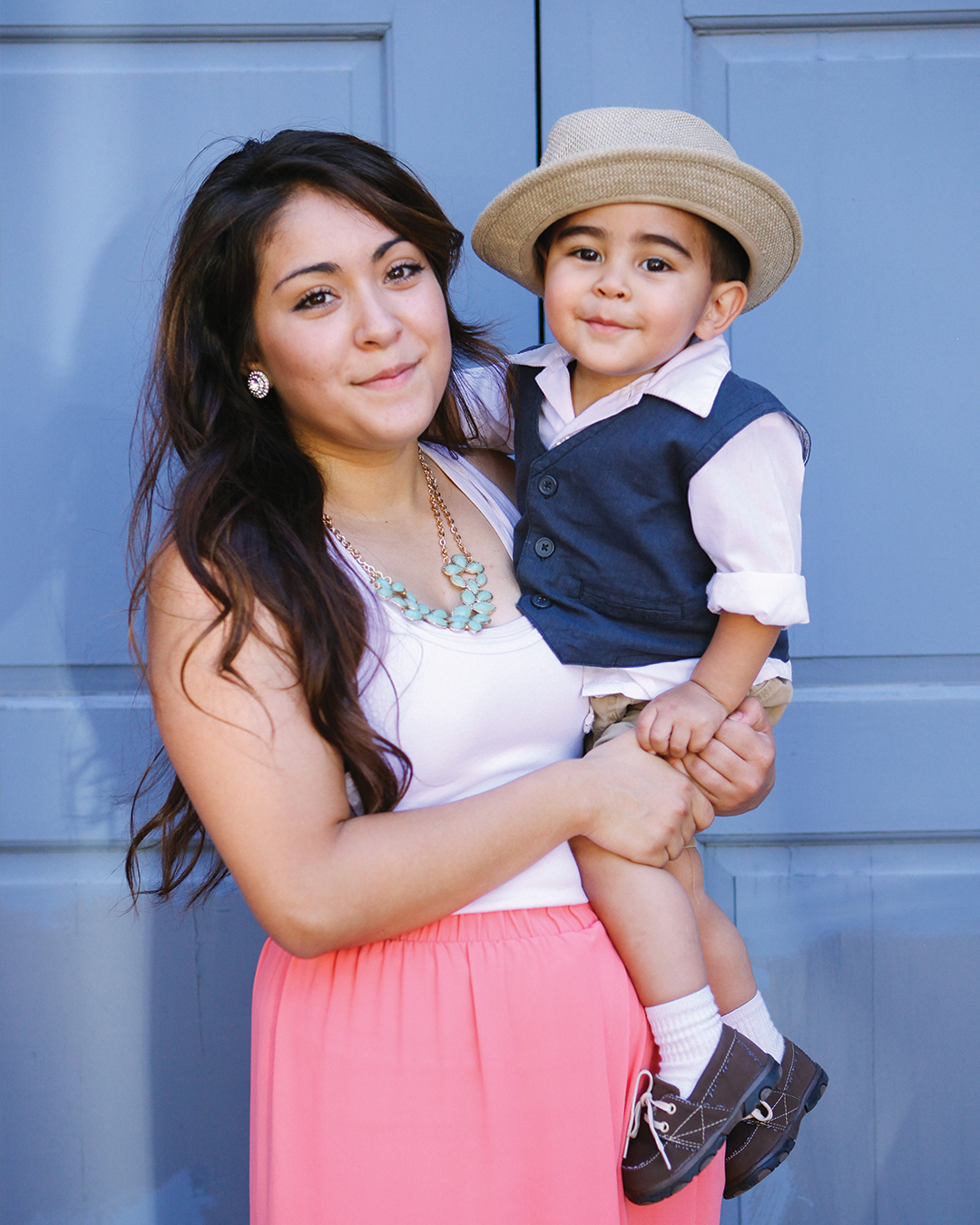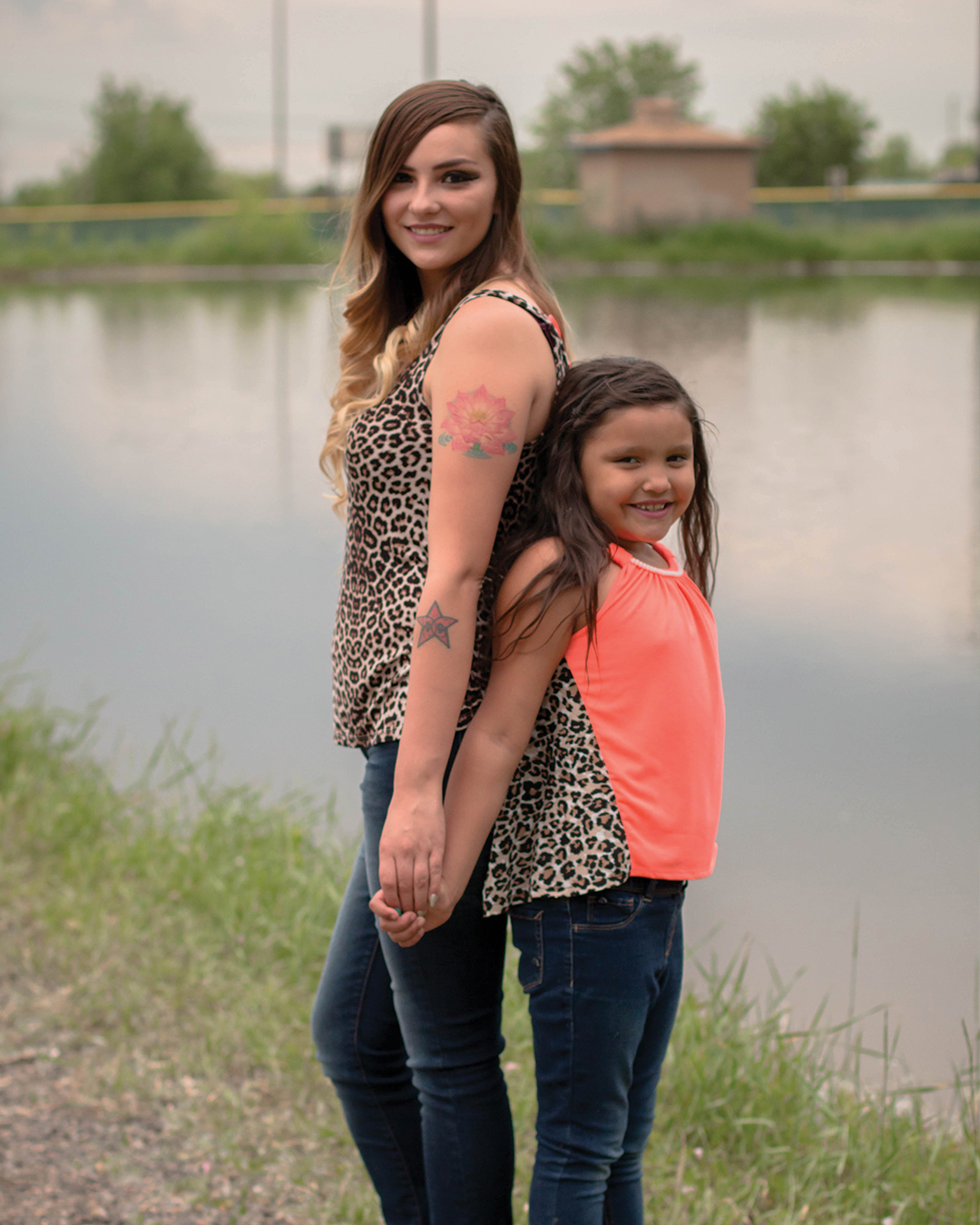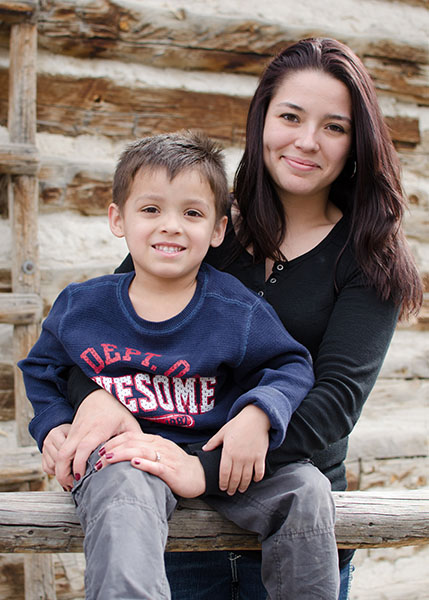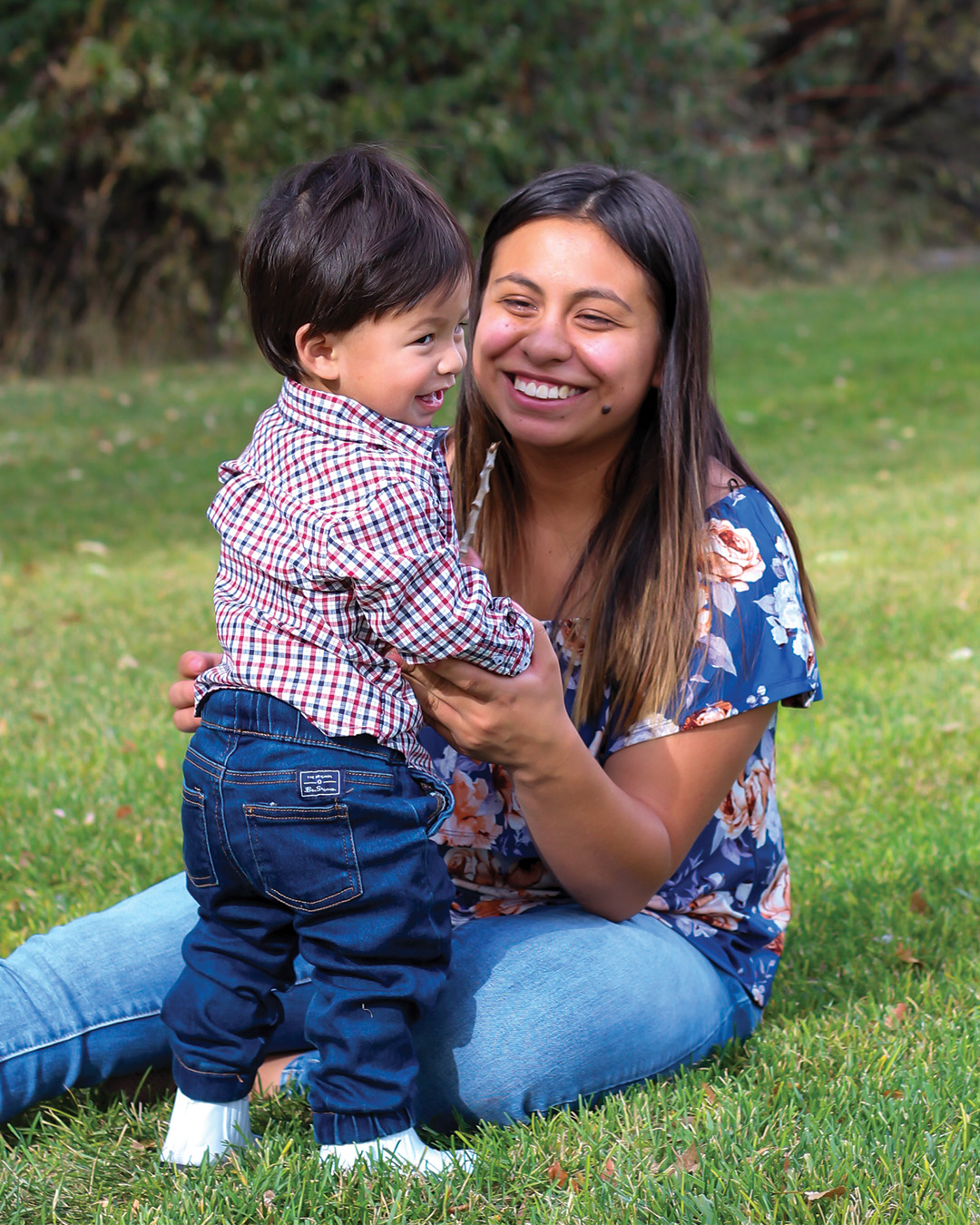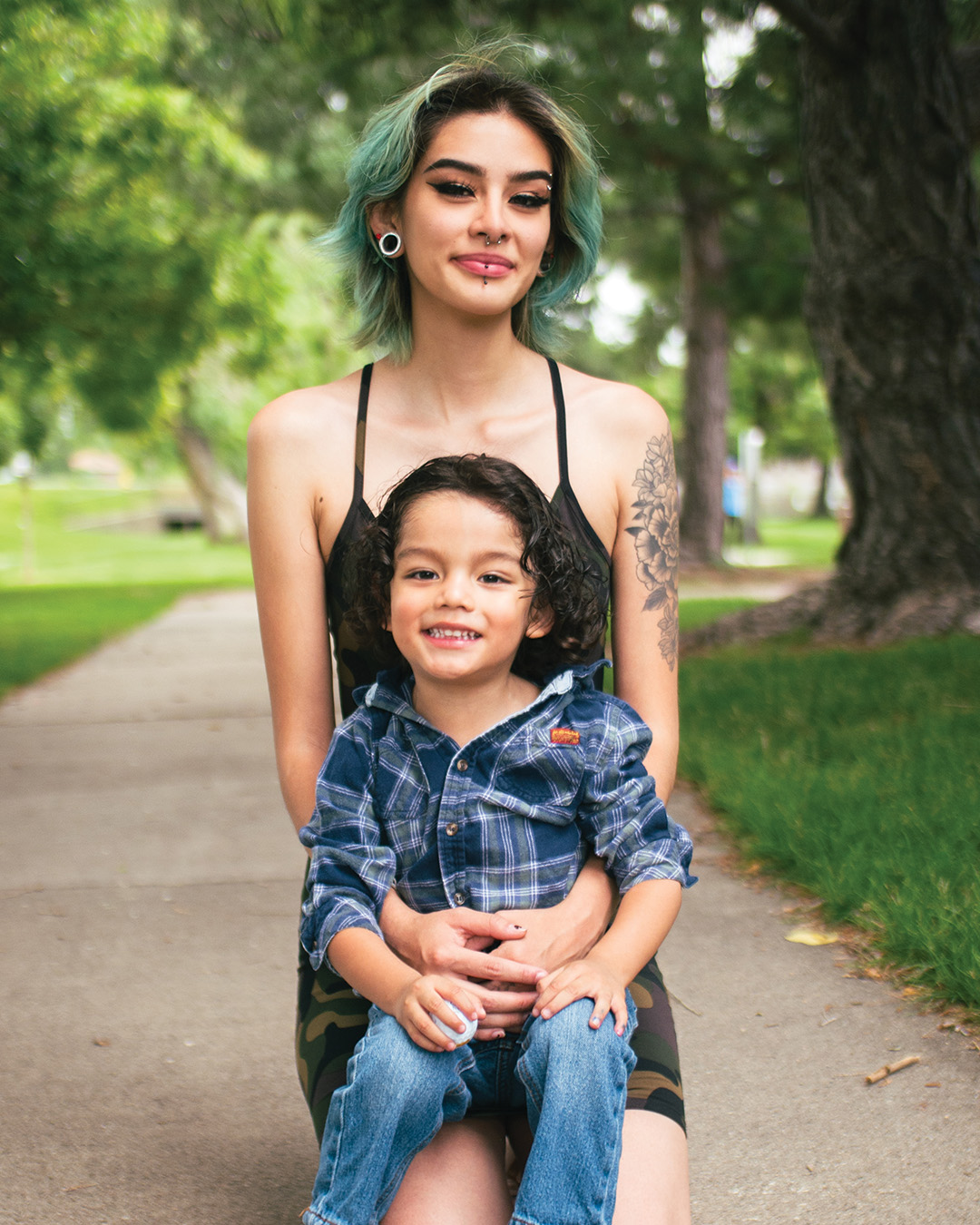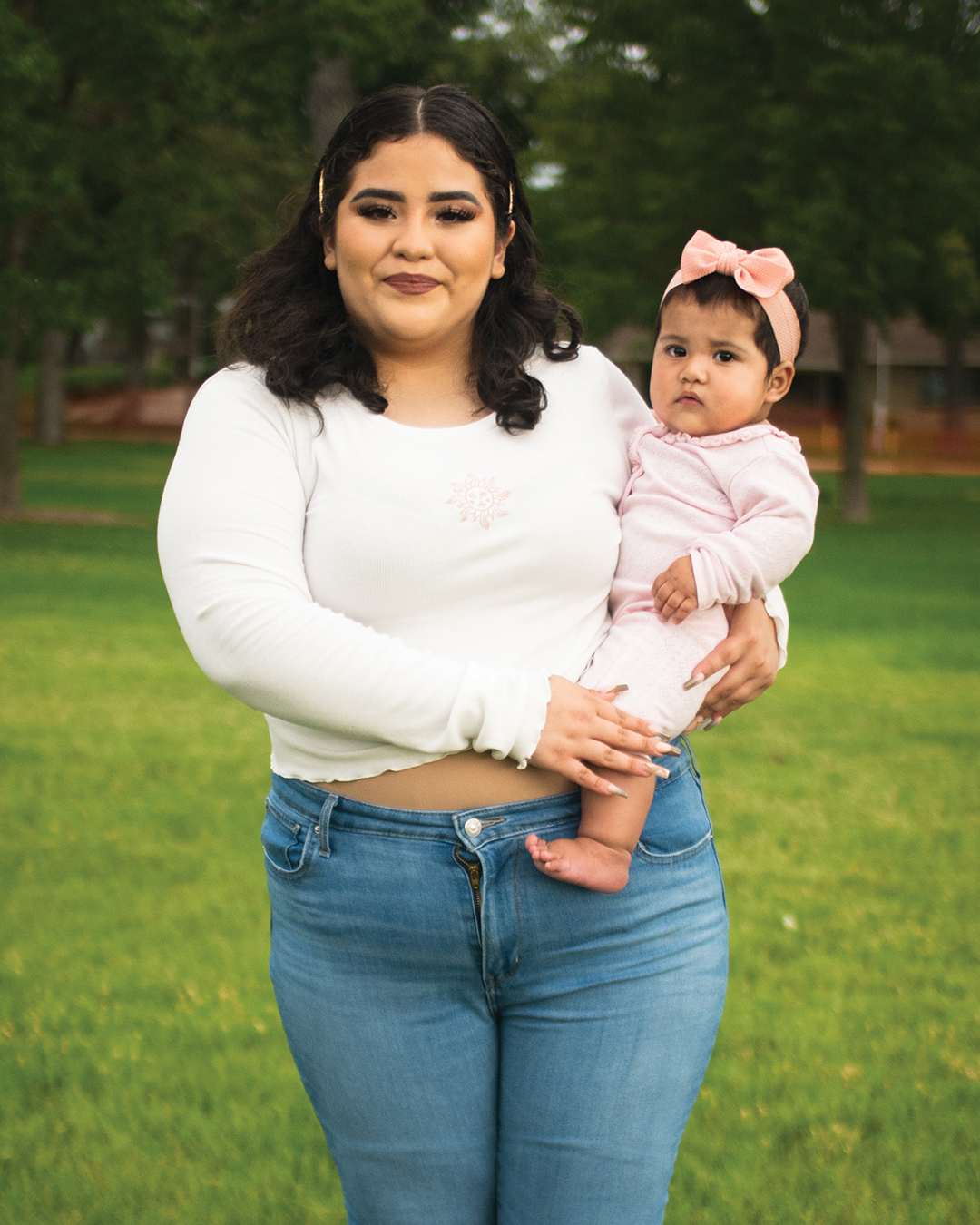By Sarah Nagel, Development Officer
Sarah Nagel, Development Officer:
One of Sarah Nagel’s primary responsibilities at Hope House is to manage the database to support fundraising efforts. This includes collecting and maintaining champion (defined as Hope House supporter) data, tracking champion involvement, capturing event metrics, and reviewing data for evaluation and modification purposes.
Q & A with Sarah Nagel
What is the top priority for effective database management?
Notes are key. Our champions are in contact with multiple staff members at Hope House, and the Notes field ensures each staff member is able to access a description of each champion’s latest interaction with Hope House as well as information on their personal history. For example, our Director of Development might be preparing to ask a champion for a $500 donation, and upon reading Notes on that champion discover that they recently began volunteering as a childcare provider at Hope House — thanks to a note our Volunteer Coordinator made. This information will be key when she makes the ask.
Notes can also prevent awkward situations. If our Director of Development was under the impression that this particular champion has not been active with Hope House for six months, she might comment, “We miss seeing you around Hope House lately!” When the champion responds that she has been volunteering as a childcare provider for the last three weeks, the moment is awkward — and the ask becomes more challenging. Notes are key!
Notes also need to be timely and should be updated the same day that the contact with the champion occurs. Recently we had a situation that highlights the importance of the timeliness of notes. A champion donated several laptop computers to Hope House, and the Note was not immediately updated. The very next morning, a Development Officer checked the notes on that champion and saw nothing new, and so she called the champion to request a large donation. Fortunately the champion laughed it off and said, “Since we donated laptops to you just yesterday, we will have to wait until later in the year before making another gift.” Timely notes are essential!
My suggestion is that you continually remind staff of the importance of entering detailed notes on all champion interaction — and enter it the same day! As your organization grows, important information can easily fall through the cracks, hurting your ability to develop solid relationships with your champions.
What is a particular challenge you face?
As we have grown, our In Kind donations have also grown, which has been a lot of work for our staff members. However, we have maintained In Kind donations as a portal to interaction with Hope House because it can be such an important step in the donor development process. Just because the person is not making a financial donation does not mean it is not important data to track because In-Kind gifts often transition into financial gifts.
My suggestion is that you keep all organizational staff members informed of the importance of the In Kind donation process by sharing stories with them of times these donations turn into financial gifts. For example, our Executive Director recently shared with staff members how a man in the community dropped by to donate clothing and household items.
This In Kind donation was handled graciously and with gratitude — and he asked what else he could do. We told him we had a teen mom who needed a bedroom set — and he went out and bought one to donate! Who knows what the future holds? Stories like these motivate our staff to view In Kind donations as important steps in donor development.
As we have grown, we have also learned to code common gifts to the champions who like to donate these items so that when we face a future need for this particular item, we know who to contact. Car seats are a great example. We began to code who was donating car seats to our In Kind Program, and when a teen mom needed a car seat for her child and none were available in our In Kind storage area, we knew who to contact! This is a great time saver when it comes to data management.
How does database management improve Hope House as an organization?
At the end of the year, we evaluate our performance according to metrics that are pulled from our database. We are able to compare these outcomes to specific goals set at the beginning of the year — and compare them to benchmarks set by other non-profits. Key metrics we track in our database include donor retention/churn, event attendance and revenue, number of new champions, and individual growth along the donor development process. These evaluations help us score our performance and make adjustments in specific areas where we need to improve our outcomes.
What advice do you have for other database managers?
My advice is that you constantly remind your staff that data entry must be consistent. What goes in impacts what comes out! For example, if your organization wants to address married champions by both first names followed by their last name (i.e. Luke and Sarah Nagel), this information should be entered accordingly. You want to avoid inconsistencies such as one person addressing this couple as Luke and Sarah, another as Mr. and Mrs. Luke Nagel , and a third as Luke and Sarah Nagel. Consistency in communication is important, and it starts with consistent data entry.
It is also important to remember that the more data you have on a champion, the better you can develop a personal relationship with them. If you have detailed notes on their personal history, you can be personal and intimate when communicating with them. For example, when the champion mentioned above experienced the loss of his mom, we sent him a sympathy card signed by all Hope House staff members. A note was made in the database, and other staff members knew to ask him how he was doing in light of his mother’s passing.
This kind of data transforms the champion from a number to a real person. The data helps us develop a personal connection with each champion through relationship, which is important at Hope House because we are just as committed to our supporters as we are to our teen moms. We believe this is why our database metrics show that we have a retention rate that is 10% higher than the average nonprofit. This is key because if you keep a donor for three years or more, they are likely to become a lifetime donor. Additionally, it is easier to keep a donor than attract a new one, so getting to know your donors as a person is vital, and detailed Notes makes this possible!


